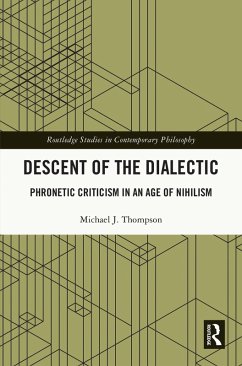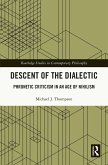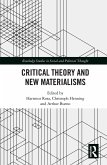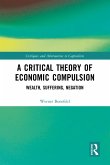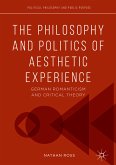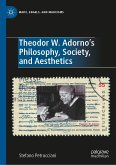This book argues that defects in modern forms of social reason are the result of the powers of social structure and the norms and purposes they embody. Increasingly, modern societies are driven not by substantive values concerning human good but by the technical imperatives of economic management, leading to a cultural condition of nihilism that has eroded dialectical consciousness. The first half of the book demonstrates the various ways that social power erodes and undermines critical-rational forms of consciousness. The second part of the book constructs an alternative basis for critical reason by showing how it requires seeing human value as essentially ontological: that is, constituted by objective forms of sociality that either promote human freedom or pervert our capacities and drive toward pathological forms of life. The philosophical claim is that a critical theory of ethics must be rooted in these concrete forms of life and that this will serve as a critical vantage point for critical political judgment and transformational praxis.
Descent of the Dialectic will be of interest to researchers working in philosophy, political theory, social theory, and critical theory.
Dieser Download kann aus rechtlichen Gründen nur mit Rechnungsadresse in A, B, BG, CY, CZ, D, DK, EW, E, FIN, F, GR, HR, H, IRL, I, LT, L, LR, M, NL, PL, P, R, S, SLO, SK ausgeliefert werden.

